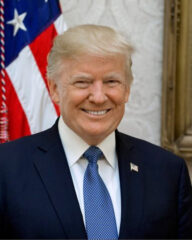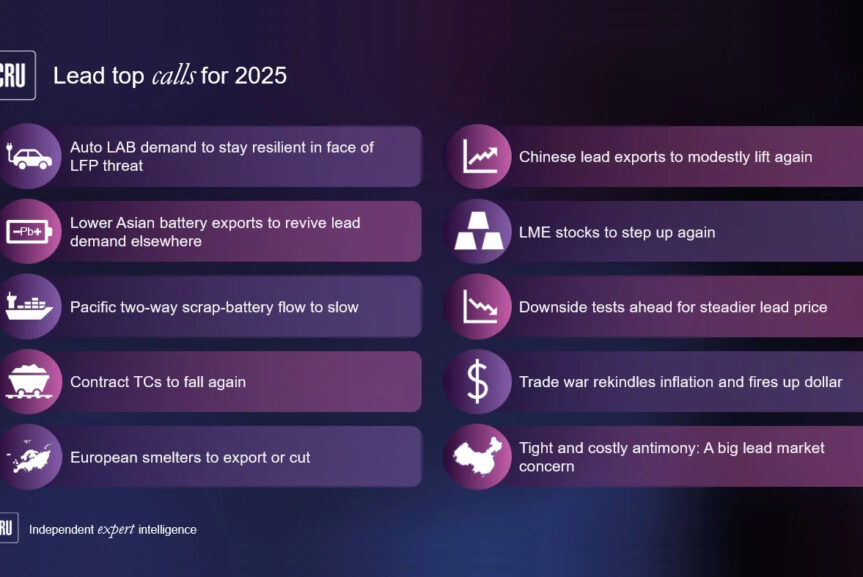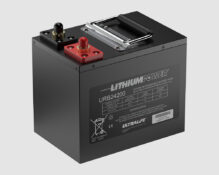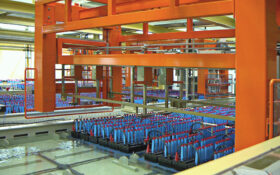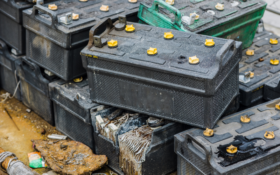Lead-acid batteries and lithium raw materials have been dragged into the now highly-charged trade tariffs bust-up between the US and China.
President Donald Trump has ordered that “lead-acid batteries of any kind” be included in a new list of $200 billion worth of Chinese imports subject to tariffs of 10%.
The list includes nickel-cadmium, nickel-iron and nickel-metal hydride batteries. Also on the list are lithium carbonates, lithium oxide and hydroxide, vanadium oxides and hydroxides and nickel oxides and hydroxides.
‘Everyday use’ primary batteries are also included— along with a swathe of items including chemicals and food stuffs.
China’s Ministry of Commerce said the US move was “irrational” and “totally unacceptable”. The US is not only “hurting China— it’s hurting the world and itself”, the ministry said.
The US announcement follows what was a small warning shot across China’s bows— at least in terms of batteries— earlier this year.
The US had already started imposing tariffs of 25% on around $34bn of Chinese imports “in response to unfair Chinese practices”. Those tariffs will eventually cover up to $50bn in Chinese imports as legal processes conclude, the US said.
US Trade Representative (USTR) Robert Lighthizer said the additional trade tariffs list announced a few days ago, which includes the blitz on batteries, was needed because China had dared to retaliate against the earlier US sanctions.
Lighthizer, ironically, said China’s actions were “without any international legal basis or justification”.
A committee of the USTR will hold a public hearing on the proposed new tariffs plan on 20 August.
The managing director of the International Lead Association, Dr Andy Bush, told BBB: “Anything that prevents free and fair trade is problematic for both the lead and lead battery industries as well as their respective supply chains.”
“Additional tariffs or costs ultimately end up affecting customers, be it with higher prices or, in the worst cases, restrictions on supply,” Bush said. “This ultimately affects businesses and jobs and causes huge uncertainty for investment. Bodies like the World Trade Organization are there to resolve these kind of disputes, and I hope that the US government and China will reach a sensible compromise soon.”
A spokesperson for Exide Technologies told BBB the company was “continuing to monitor and evaluate the proposed tariffs” and did not “anticipate they will have a material impact on our business”.
Battery Council International has been unable to furnish any information on how many Chinese lead-acid batteries are imported by the US from China, but unnamed sources told BBB recently that any further racking up of tariff categories in this sector could cut off America’s nose to spite its face.
However, probably more than 50% of lithium secondary systems imported into the US are of Chinese origin and perhaps 80% of those used in consumer electronics are of Chinese origin, including those used in mobile phones and other portable devices.

